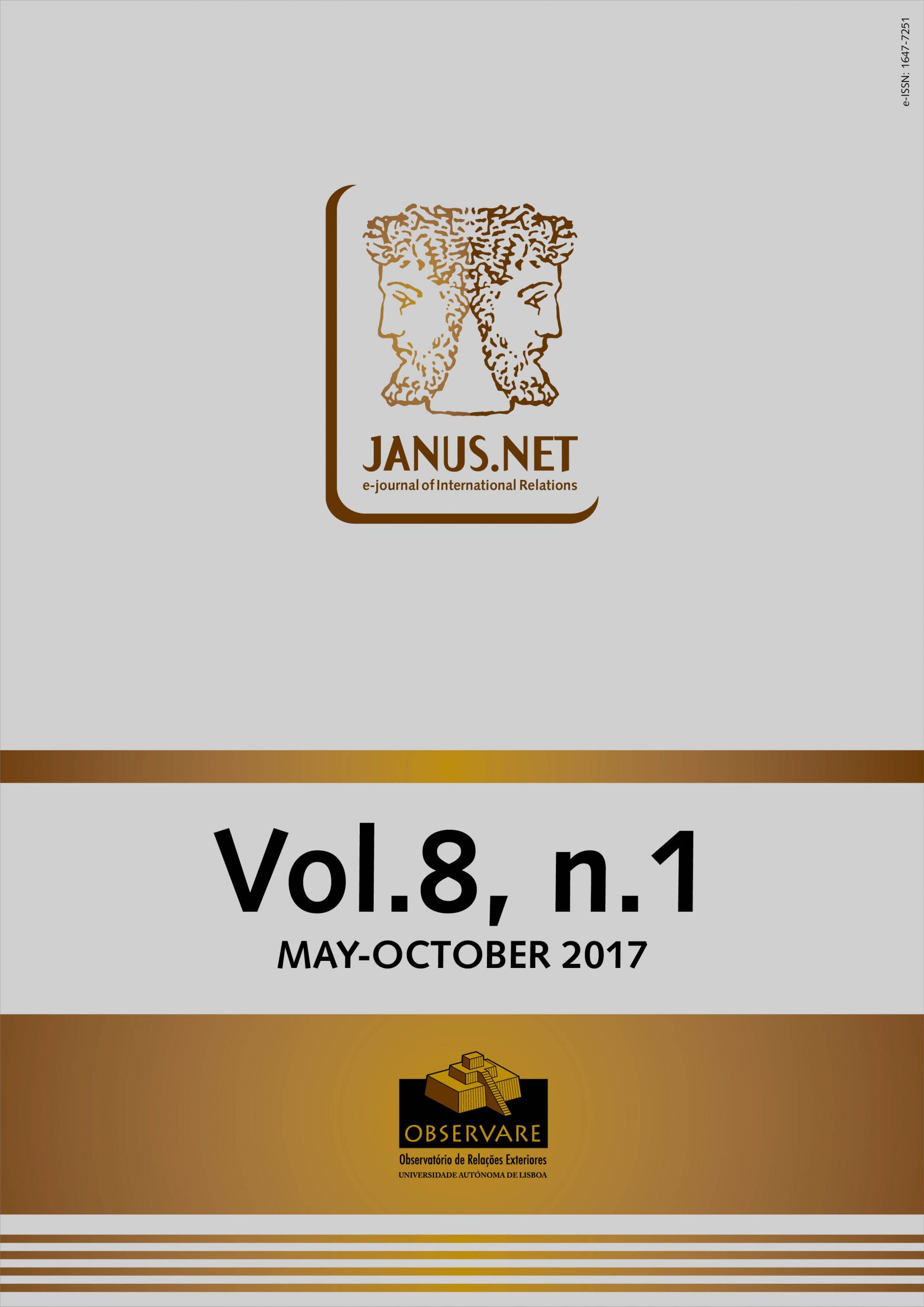This article explores pacifist approaches to conflict resolution based on principles, justifying the pacifist standard grounded in actors’ belief systems (spiritual and ethical principles). This article gives a brief overview of the history of the main traditions that shape the debate on pacifism and non-violence, highlighting the central references of principled pacifism (Mahatma Ghandi and Martin Luther King) and its main techniques and methods of conflict resolution.
PACIFIST APPROACHES TO CONFLICT RESOLUTION: AN OVERVIEW OF THE PRINCIPLED PACIFISM
Professor of International Relations at the Federal University of Rio de Janeiro (Brazil). PhD in International Relations – International Politics and Conflict Resolution, University of Coimbra. His research interests are focused in the area of Peace Studies and Critical Security Studies with emphasis on the following specific subjects: peace operations, criticism to liberal peace, conflict transformation, political economy of "new wars", non-violent strategic action, theory of securitization, critical theory of international relations and civil conflict in Somalia.
Resumo
Palavras-chave
Como citar este artigo
Oliveira, Gilberto Carvalho de (2017). “Pacifist approaches to conflict resolution: an overview of the principled pacifism”. JANUS.NET e-journal of International Relations, Vol. 8, Nº. 1, May-October 2017. Consulted [online] on the date of last consultation, http://hdl.handle.net/11144/3031
Article received on 20 December, 2016 and accepted for publication on 15 February, 2017















